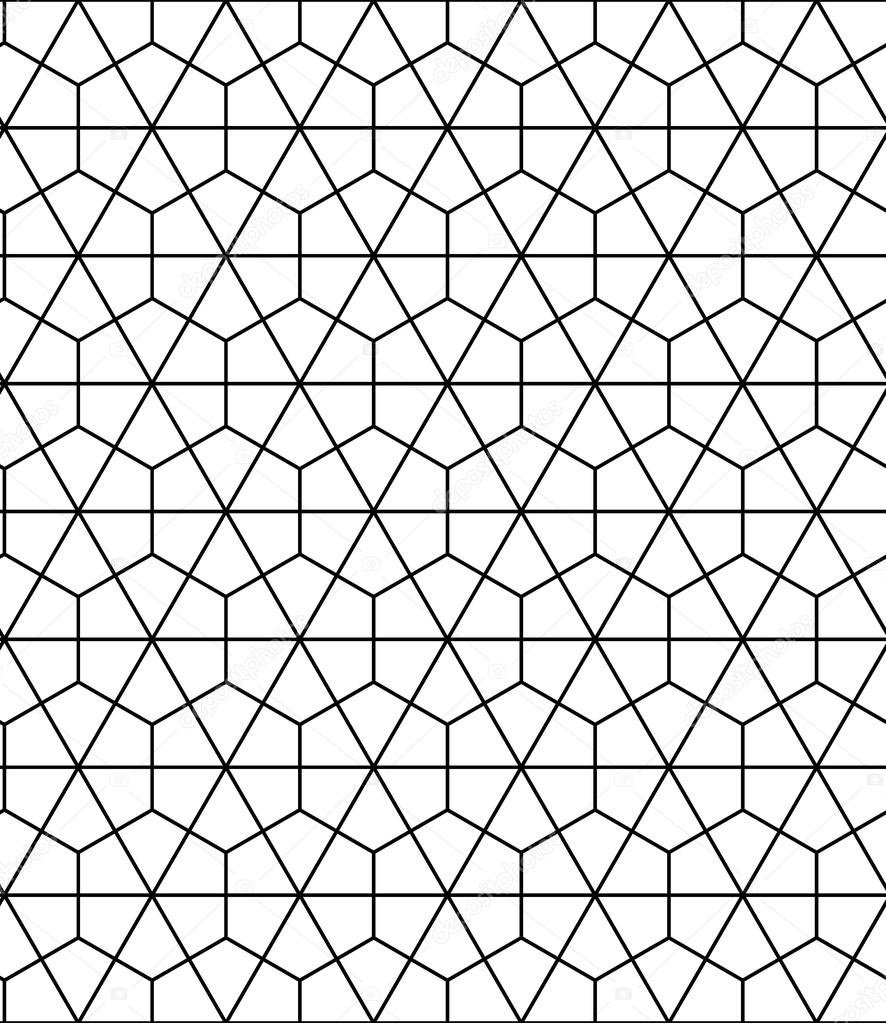Previously, in rails 2.3.8 i used the prototype-helpers link_to_remote and form_remote_for (amongst others). These had the option to add callbacks as follows: [ruby] link_to_remote "Add to cart", :url => { :action => "add", :id => product.id }, :update => { :success => "cart", :failure => "error" } [/ruby] (an example from the documentation). This example would, upon success update the html-element with class "cart", and upon failure the class "error". The possible callbacks were:
- :loading: Called when the remote document is being loaded with data by the browser.
- :loaded: Called when the browser has finished loading the remote document.
- :interactive: Called when the user can interact with the remote document, even though it has not finished loading.
- :success: Called when the XMLHttpRequest is completed, and the HTTP status code is in the 2XX range.
- :failure: Called when the XMLHttpRequest is completed, and the HTTP status code is not in the 2XX range.
- :complete : Called when the XMLHttpRequest is complete (fires after success/failure if they are present). Now the modus operandi has changed, instead we write: [ruby] link_to "Add to cart", :url => {:action => "add", :id => product.id}, :remote => true [/ruby] and it seems there is no option to set the callbacks anymore. Instead of a normal html, we now render javascript, like this (in jquery) : [ruby] $('.cart').replaceWith(<%= escape_javascript(render :partial => 'cart') %>) [/ruby] But how do you handle an error situation? Do i handle it in my controller, and use seperate views? It would seem useful to me to somehow be able to mimic the behaviour we had before. Luckily in this article I was able to find the solution. I had already found that in rails.js the following callbacks were checked:
- ajax:beforeSend : triggered before executing the AJAX request
- ajax:success : triggered after a successful AJAX request
- ajax:complete : triggered after the AJAX request is complete, regardless the status of the response
- ajax:error : triggered after a failed AJAX request, as opposite to ajax:success
But i had no idea how to provide these callbacks. The javascript should be unobtrusive, so this coupling is not done straight in the HTML anymore. From the same article i found a very clear example how to solve this. Take the following Rails 2.3.8 code : [ruby] <% form_remote_tag :url => { :action => 'run' }, :id => "tool-form", :update => { :success => "response", :failure => "error" }, :loading => "$('#loading').toggle()", :complete => "$('#loading').toggle()" %> [/ruby] That translates to this in Rails3 : [ruby] <% form_tag url_for(:action => "run"), :id => "tool-form", :remote => true do %> [/ruby] and inside some javascript (application.js), you bind the events [javascript] jQuery(function($) { // create a convenient toggleLoading function var toggleLoading = function() { $("#loading").toggle() }; $("#tool-form") .bind("ajax:beforeSend", toggleLoading) .bind("ajax:complete", toggleLoading) .bind("ajax:success", function(data, status, xhr) { $("#response").html(status); }); }); [/javascript] For completeness, here is a list of the events and their expected parameters: [javascript] .bind('ajax:beforeSend', function(xhr, settings) {}) .bind('ajax:success', function(data, status, xhr) {}) .bind('ajax:complete', function(xhr, status) {}) .bind('ajax:error', function(xhr, status, error) {}) [/javascript] [UPDATED 7/2/2012] Updated to reflect the new event-names.
:loadingwas renamed to:beforeSend, and:failurewas renamed to:error.
